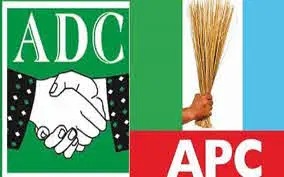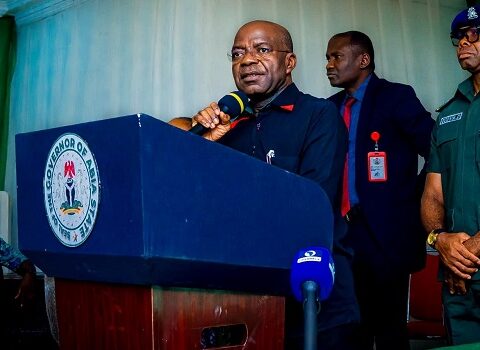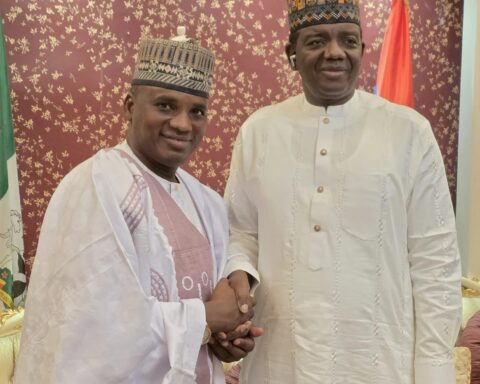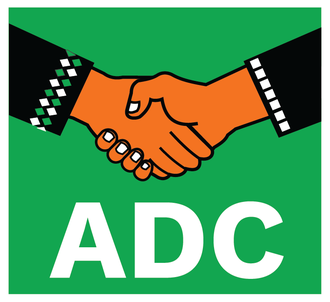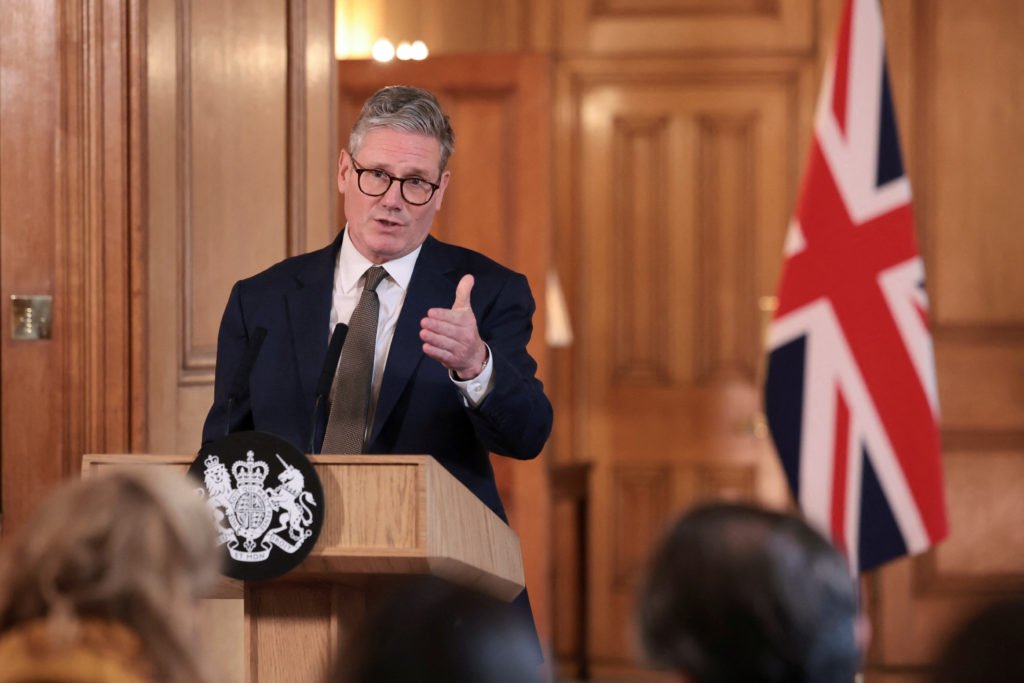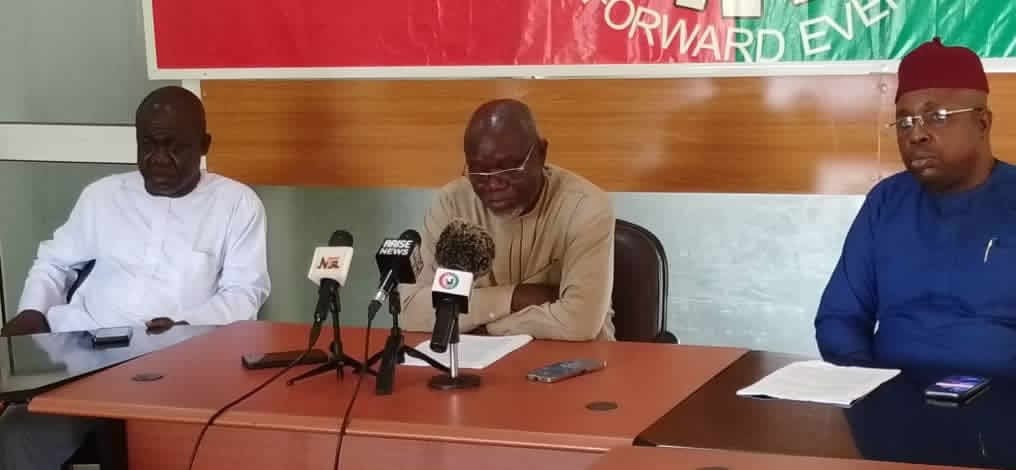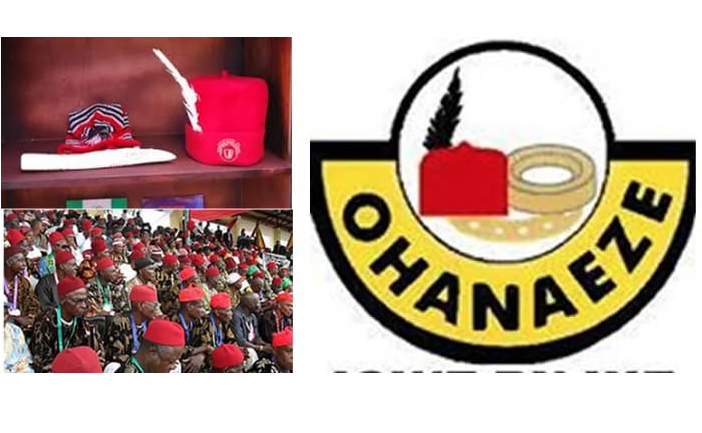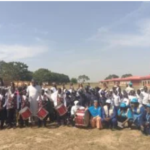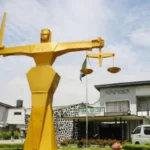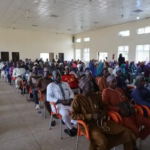The political atmosphere in Nigeria is once again charged as the contentious issue of power rotation takes center stage, following a high-profile review of President Bola Tinubu’s two-year performance by key northern political and traditional leaders.
The review, which took place in Kaduna under the auspices of the Arewa Political Consultative Forum (APCF), drew prominent figures from across the North, including former governors, senators, and emirs. While the forum commended certain achievements in infrastructure and national security, several voices within the gathering expressed growing concerns over perceived marginalisation and uneven development.
According to insiders, the review also served as a subtle but firm signal to the presidency and the ruling All Progressives Congress (APC) that the North is reconsidering its political alignment ahead of the 2027 general elections.
“We respect President Tinubu’s mandate, but we must be honest with ourselves,” said one northern elder statesman who spoke anonymously. “The North carried much of the electoral burden in 2023, yet our reward has been paltry. As we approach 2027, it is only just that power returns to the North.”
This sentiment is stoking an increasingly heated national debate over power rotation, the informal zoning arrangement that has guided Nigeria’s democracy since 1999. While the South West currently occupies the presidency through Tinubu, northern leaders argue that the next cycle should return to their region in the spirit of equity and stability.
However, this view is being challenged by southern political actors, who insist that Tinubu, like his predecessor Muhammadu Buhari, deserves eight uninterrupted years. “Power rotation should not become a tool for regional blackmail,” said Chief Chibuzor Okorie, a political analyst based in Enugu. “The North had its turn from 2015 to 2023. Let the South complete its cycle.”
The review also amplified frustrations over economic hardship, rising cost of living, and what some described as “elite disconnect” from grassroots realities. Critics within the forum accused the Tinubu administration of favoring select cronies while failing to adequately tackle poverty and youth unemployment in the North.
Still, the APC leadership has urged calm. Speaking shortly after the Kaduna gathering, APC National Chairman, Dr. Abdullahi Yilwatda, stated, “While the review of governance is welcome, we must avoid fueling premature zoning agitation. Our focus must remain on governance and national unity.”
As Nigeria inches closer to another crucial election season, the friction between performance reviews and political ambition is expected to grow. With mounting pressure from both northern and southern blocs, the delicate balance of power rotation may yet again define the country’s democratic trajectory.
For now, all eyes remain on the presidency — and the political maneuvers that could determine who takes the reins in 2027.

